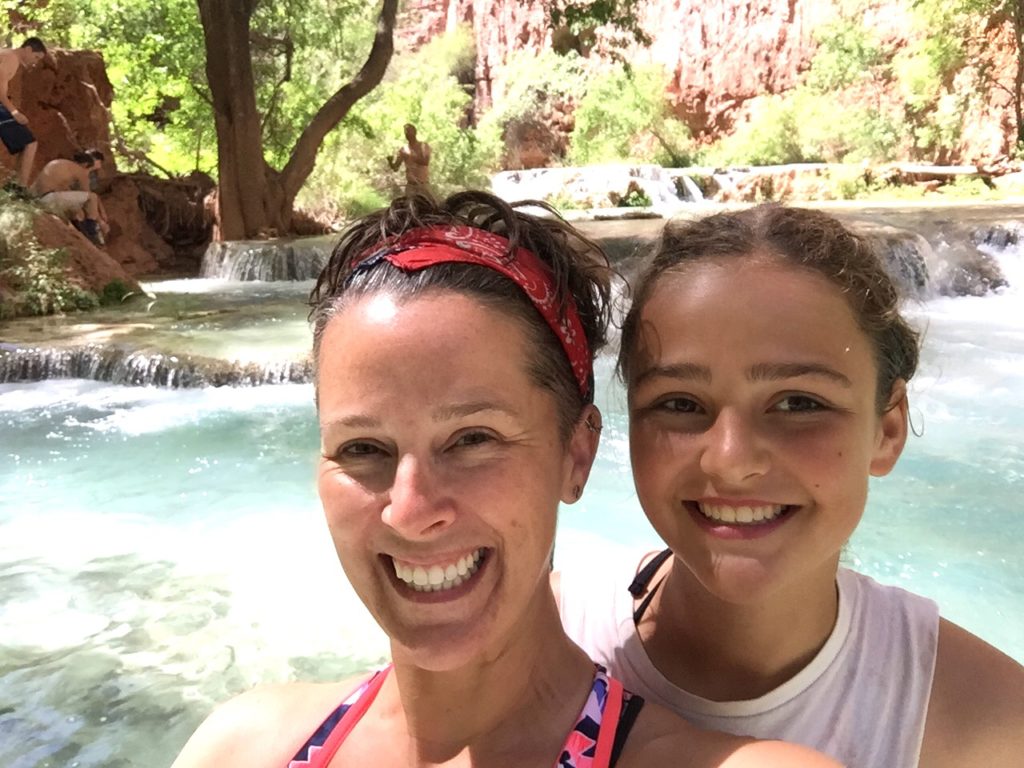Last week my 14-year-old daughter and I enjoyed an incredible trip to the Grand Canyon. We hiked to Havasu Falls and spent four days camping with friends. There were several teenagers in our group, many of them Boy Scouts. Naturally, our conversations often included comparisons between Boy Scout camps and girls camps. One of those conversations went something like this:
Young man: Is it weird for you guys to camp with guys around?
Me: Um, no. There are always men at girls camp.
Young man: Wait. What?
Me: Yeah. There are always at least two men, priesthood holders, at girls camp.
Young man: Oh. I guess that makes sense.
Me: Really? Would you like it if there were always women at your Boy Scout camp? Do you think your leaders need women to keep you safe?
Young man: I guess not…
Me: Would you like it if your dress code—say, your swimsuit—was determined based on the presence of those women?
Young man: What do you mean?
Me: Well, young women are told that their dress restrictions, including having to wear a t-shirt and shorts with their swimsuits, are because the priesthood holding men might feel uncomfortable.
Young man: That sucks. [To my daughter]: You have to wear a shirt over your swimsuit?
Daughter: No. I go to Girl Scout camp. We don’t have those rules.
Me: ?

This interaction was observed by a few other teenage boys. They were surprised to learn that adult women like their mothers are not trusted to properly and safely oversee a camping trip with young women. They were surprised to hear about the dress code restrictions for young women. Basically, they had no idea how different the rules and opportunities were for girls and women in our culture.
Which leads me to ask: What else don’t they notice? Do they notice that they receive continuing levels of responsibility and mentorship as they advance in priesthood ordination while the young women of their age receive neither? Do they notice that at the age of 12 years old, they were able to participate in holy services that their mothers are barred from? Do they realize that adult women in this church are never called to lead or preside over men, helping boys and girls to naturally associate leadership with maleness. Will they recognize the inherent inequality that pervades our culture?
I hope these young men will remember this camping trip fondly; I know I will. But I hope they will also remember this conversation and begin to notice the things they have assumed are the natural order and I hope they will then think about how unnatural much of it is. We need men to see; and we need men to lend their voices to this movement. Please join us by submitting a profile with Ordain Women.






